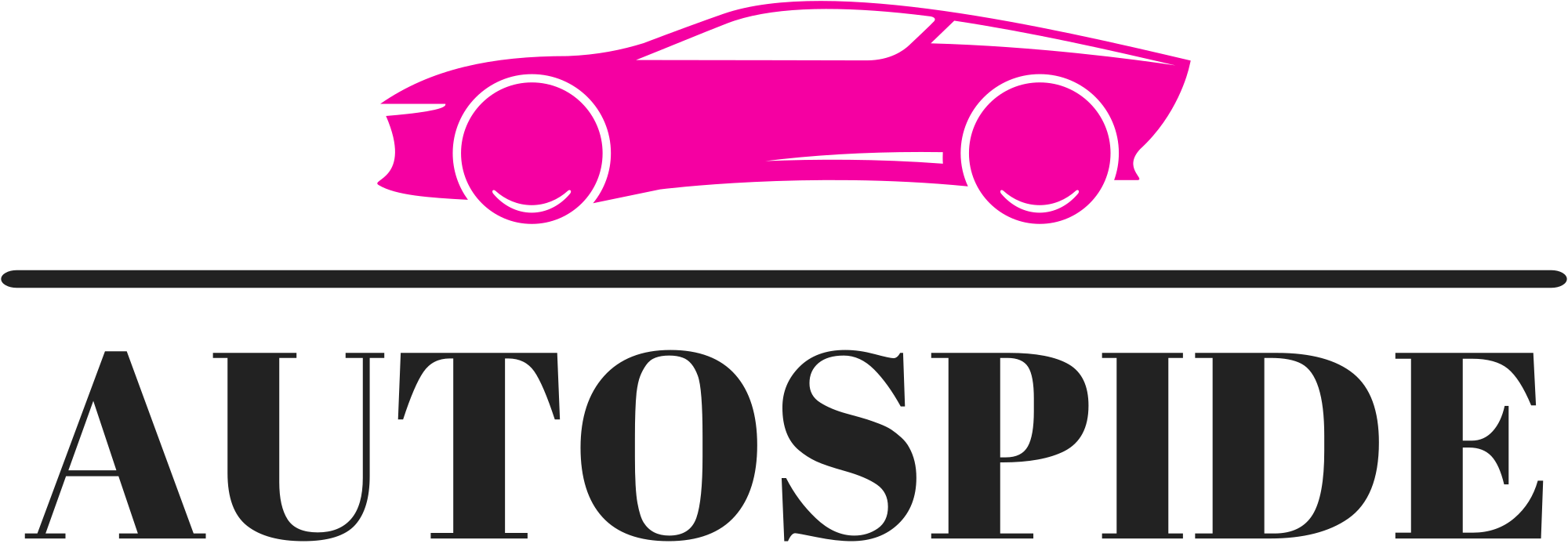Introduction:
จำนำรถ, pronounced as “Jamnam Rot” in Thai, refers to the practice of vehicle pawn, a financial solution widely utilized in Thailand. This practice involves using one’s vehicle as collateral for a loan, providing individuals with immediate cash flow while retaining ownership of their vehicles. This article delves into the concept of จำนำรถ, its processes, regulations, benefits, and considerations for those considering this financial option.
Understanding จำนำรถ:
จำนำรถ is a prevalent financial service in Thailand, catering to individuals in need of short-term liquidity. It allows vehicle owners to access funds quickly without the need for extensive paperwork or credit checks. The process typically involves the vehicle owner presenting their vehicle’s registration documents and identification to a pawnshop or financial institution offering จำนำรถ services. Upon evaluation of the vehicle’s value, the lender offers a loan amount based on a percentage of the vehicle’s appraised worth.
Key Processes Involved:
- Vehicle Evaluation: The lender assesses the vehicle’s condition, market value, and documentation to determine its worth. Factors such as make, model, year of manufacture, mileage, and overall condition influence the valuation.
- Loan Offer: Based on the vehicle’s appraised value, the lender extends a loan offer to the borrower. Typically, the loan amount ranges from a certain percentage to the full value of the vehicle.
- Agreement Signing: Once both parties agree to the loan terms, including interest rates, repayment schedule, and collateral details, they formalize the agreement through documentation.
- Collateral Retention: While the borrower receives the loan amount, they retain ownership of the vehicle. The lender holds the vehicle’s registration documents as collateral until the loan is repaid in full.
- Repayment: Borrowers must adhere to the agreed-upon repayment schedule, including both principal and interest payments. Failure to repay the loan within the specified timeframe may result in the lender taking possession of the vehicle.
Regulations and Legal Framework:
จำนำรถ operates within a regulated framework in Thailand to protect the interests of both borrowers and lenders. The Office of the Consumer Protection Board oversees pawnbroking activities, ensuring compliance with relevant laws and regulations. Key regulations include:
- Licensing: Pawnshops offering จำนำรถ services must obtain the necessary licenses from regulatory authorities to operate legally.
- Interest Rate Caps: To prevent predatory lending practices, interest rates on vehicle pawn loans are subject to caps imposed by regulatory bodies.
- Transparency: Lenders are required to provide borrowers with clear and transparent information regarding loan terms, including interest rates, repayment schedules, and potential consequences of default.
- Dispute Resolution: Mechanisms for resolving disputes between borrowers and lenders are in place to address any grievances or issues that may arise during the loan term.
Benefits of จำนำรถ:
- Quick Access to Funds: จำนำรถ offers a convenient way for individuals to access funds quickly without undergoing extensive credit checks or paperwork.
- Retention of Ownership: Borrowers retain ownership of their vehicles throughout the loan term, allowing them to continue using the vehicle for personal or business purposes.
- No Credit Check: Unlike traditional loans, จำนำรถ does not require a credit check, making it accessible to individuals with limited or poor credit history.
- Flexible Repayment Options: Lenders often offer flexible repayment options, allowing borrowers to choose repayment terms that suit their financial capabilities.
Considerations Before Opting for จำนำรถ:
While จำนำรถ offers several benefits, borrowers should consider the following factors before opting for this financial solution:
- Interest Rates: Pawnshop interest rates may be higher than those offered by traditional lenders, increasing the overall cost of borrowing.
- Risk of Default: Failure to repay the loan within the specified timeframe may result in the loss of the vehicle, impacting the borrower’s financial stability.
- Valuation Accuracy: Borrowers should ensure that the lender accurately assesses their vehicle’s value to avoid discrepancies in loan amounts.
- Regulatory Compliance: Borrowers should verify that the pawnshop offering จำนำรถ services is licensed and compliant with relevant regulations to avoid potential legal issues.
Conclusion:
จำนำรถ serves as a valuable financial solution for individuals in need of short-term liquidity in Thailand. By leveraging their vehicles as collateral, borrowers can access funds quickly without undergoing extensive credit checks or paperwork. However, borrowers need to understand the loan terms, interest rates, and regulatory requirements associated with จำนำรถ before agreeing. With careful consideration and adherence to regulatory guidelines, จำนำรถ can provide a viable solution for addressing immediate financial needs while retaining ownership of valuable assets.


